JF Ptak Science Books Post 2609
Here we go--after Hitler had been in power for 11 years of many highly-veneers layers of lies great and small the U.S. Office of War Information produced a short and truncated scorecard of the most "conspicuous" of them. The paper, Hitler's Lies. A short, documented list of the more conspicuous lies of Adolf Hitler, from 1935 to 1942, in chronological order was an 11-page chronological abbreviation of some of Hitler's most notorious lies. Oddly enough there seems to be hardly anything printed as a book or pamphlet in the 1933-1945 period with "Hitler" and "Lies" in the title (though there is Lies as Allies, or, Hitler at War, by Frederic Maugham, 1941)--there are a few more if you use "Nazi" and Lies" in the search, and o revealing Nazi Lies (1940), 1001 Nazi Lies (1940), and Here Lies Goebbels (1940). In any event the OWI copy seems to not be around in libraries--there seem to be no copies of this edition located in the WorldCat/OCLC, though there is one other very similar version of this (in four pages, double columns) at the Denver Public Library. With this in mind I decided to share the entire document, which is now reprinted below. It is well worth readign to see how an official hearst/minds information arm of the U.S. government was dealing at a popular/informed level with Hitler.
(The following quotes come from a review by Martin Melosi of Allan M. Winkler, The Politics of Propaganda: The Office of War Information, 1942-1945 , published by Yale in 1978):
- The Office of War Information (OWI, created in 1942) was "dominated by liberal interventionists, such as Archibald MacLeish and Robert Sherwood, the OWI sought to play an activist role in winning the war by affirming the value of democracy over any totalitarian threat". "The leadership of OWI were sure that if they could simply repeat it loudly enough and often enough, it would win the hearts and minds of all who heard (p. 150)." "But alas, the grandiose dreams and high expectations of the major OWI figures were dashed by several forces, including a hesitant, almost indifferent president; a suspicious Congress and State Department with little faith in the plans of OWI; a variety of internal squabbles over attempts to define what American policy was and how best to present it; and, most significantly, the more pragmatic requirements of war."
- And so "the home front was short-lived; how Congress dismantled the domestic branch which had tried to the American people about the war effort" and the OWI shifted its interests and direction to the theaters of war, "intense efforts to support the military effort via psychological warfare against the enemy...The propaganda of war had finally come to represent the war being fought."

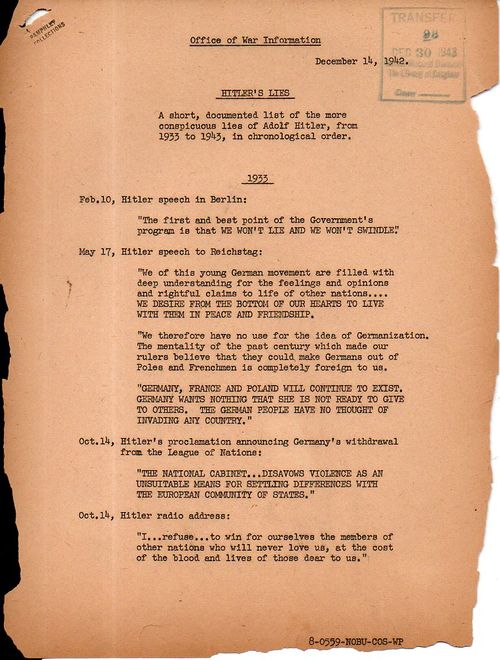
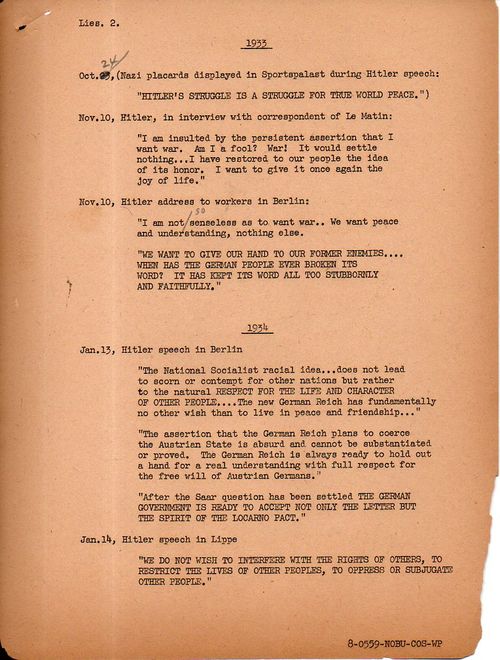
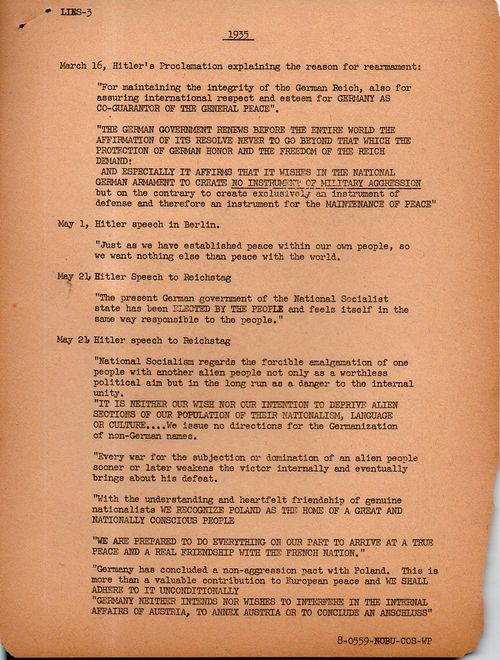
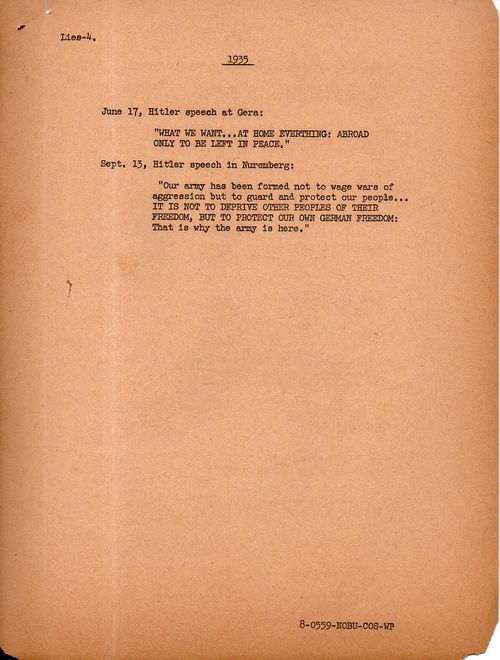
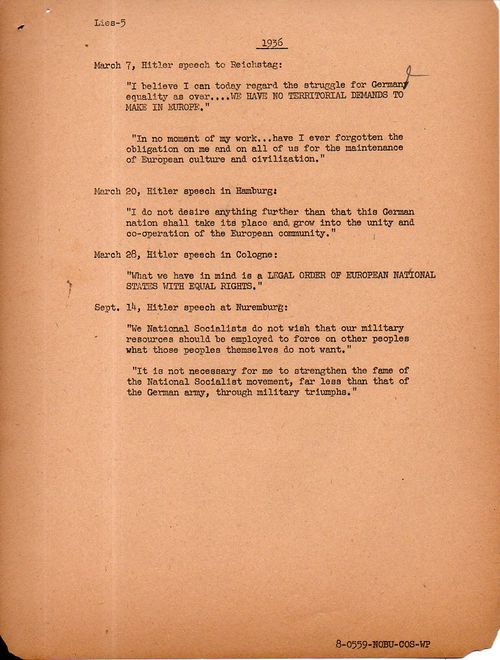
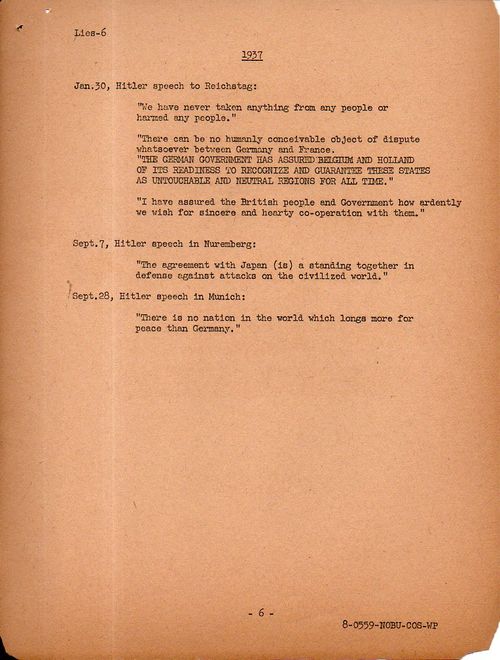
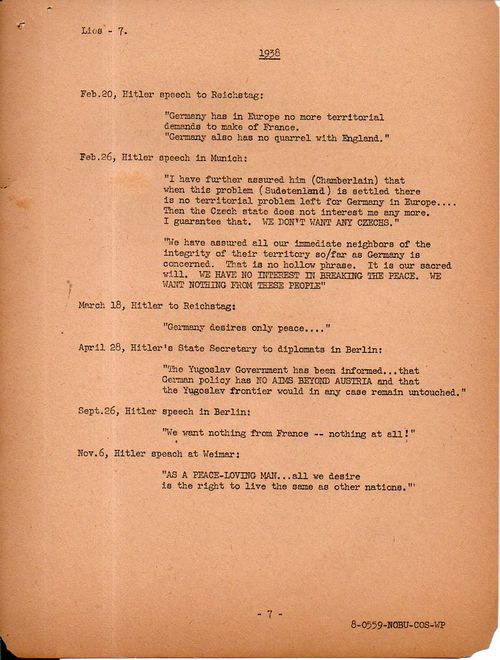
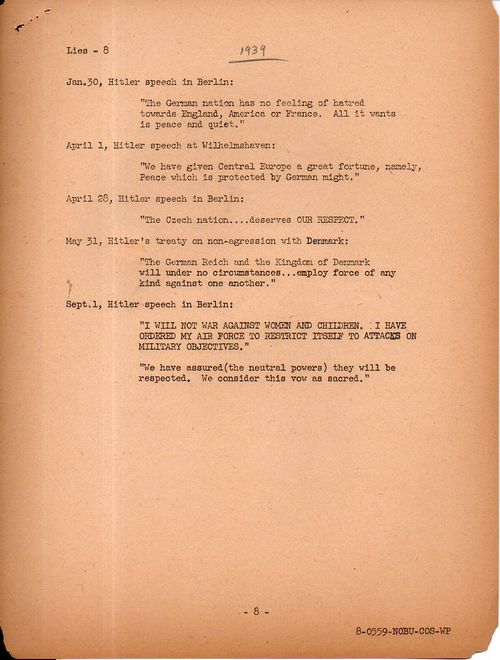
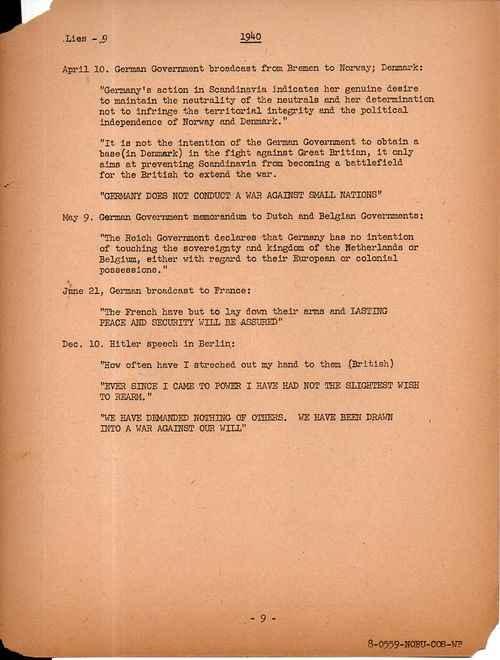
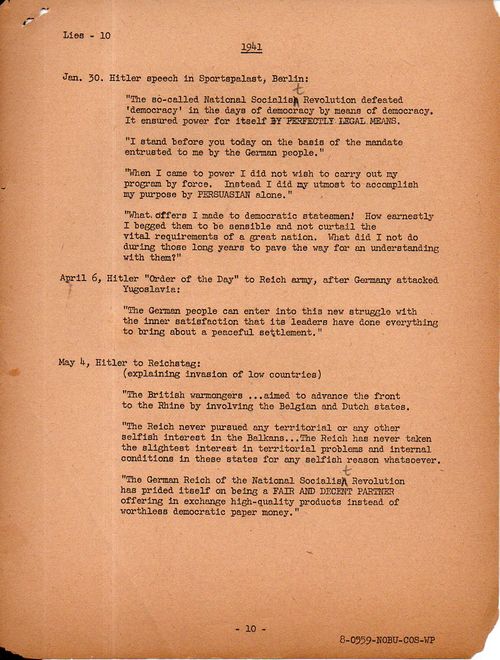
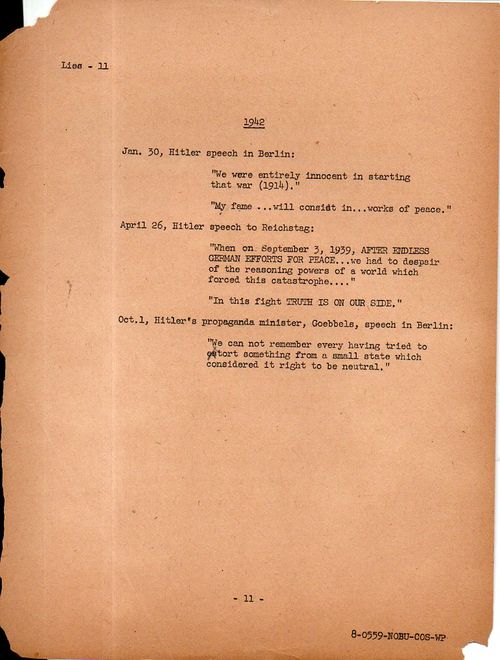

Comments